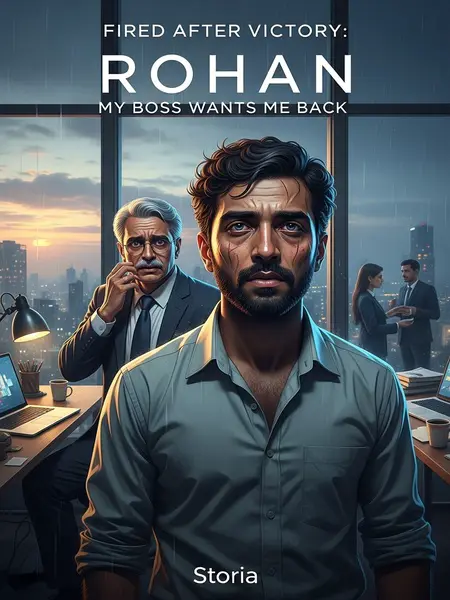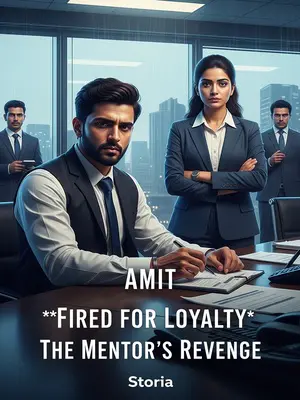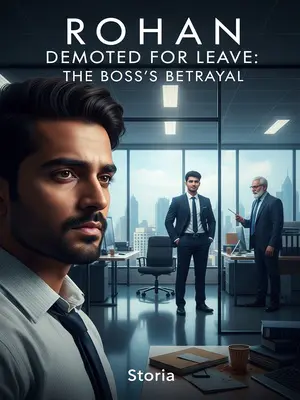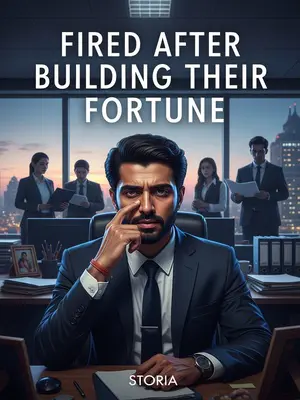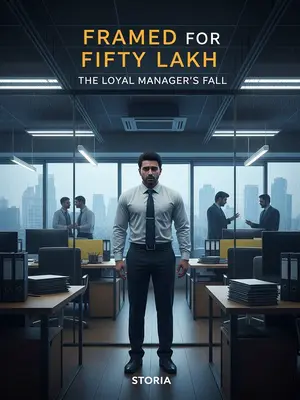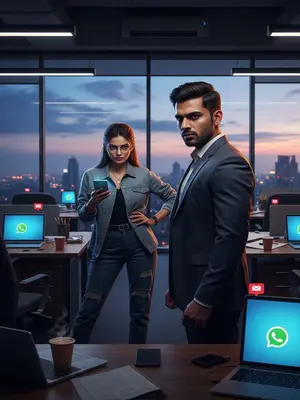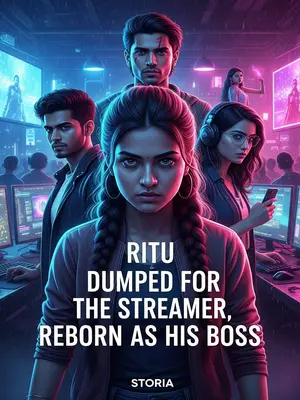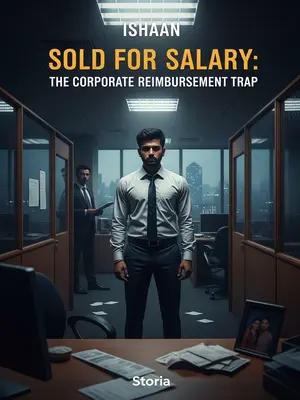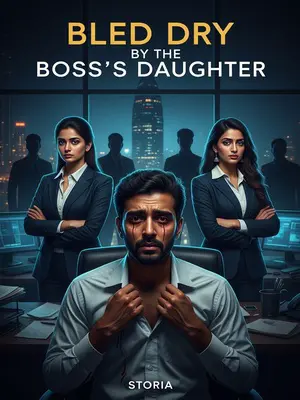Chapter 5: Lunch with the CEO
I was about to exchange pleasantries, but he cut right to the chase: "Are you in Mumbai too?"
No small talk, just straight to business. I liked that. No time wasted on fake politeness.
"Yeah."
Tried to keep my voice steady, but inside, butterflies were doing garba.
"Tomorrow’s Saturday. Want to meet for lunch? You pick the place."
The call lasted less than a minute—super efficient.
I barely had time to say "Sure, sir" before he hung up. Talk about professionalism!
Guess that’s how big shots roll.
I messaged Sneha: "Lunch with a CEO tomorrow, wish me luck." She replied with a string of dancing emojis.
Sneha kept the updates coming.
Her next ping: "The new guy’s reading your docs. From his face, I can tell he’s struggling."
I could practically see him, eyes wide, sweating bullets in the air-conditioned office.
"The boss posted in the group that since AI detection went live, user activity is way up, and he’s singing Old Rajiv’s praises. You should’ve seen it—his face was so wrinkled with laughter, he looked like a blooming marigold."
I pictured Rajiv Sharma’s face and almost spat out my chai—Sneha’s metaphor was dead-on.
If only there was an award for “Best Smirk in a Tech Office.”
The next day, I met Dr. Kabir Prasad at the restaurant.
The waiter poured water from a steel jug, droplets splashing onto the plastic tablecloth, but neither of us noticed.
He arrived in a simple kurta-pajama, specs slightly crooked, carrying an old backpack. Not your usual startup CEO—more like the cool professor everyone wanted in college.
Maybe it’s a programmer thing, but we hit it off right away.
Our talk was full of code, cricket, and college memories. There was an instant connection—no airs, just ideas.
Medivista Technologies was a startup Kabir had founded just a year ago, focused on AI in healthcare. They’d already landed two rounds of investment.
Even their investors were Indian VCs, not some flashy NRIs with impossible demands. The vibe was fresh, full of possibility.
"...By the time Alzheimer’s is diagnosed, too many neurons are already dead, so it’s basically irreversible. But if we catch it early, medication and intervention can help patients improve cognitive function and delay the disease by 10–15 years. Our goal is to help people detect it as early as possible."
Kabir’s eyes sparkled when he spoke—like a kid talking about his favourite science experiment. The passion was infectious.
AI is hot everywhere, and what Kabir wanted to do wasn’t unique—I’d been dabbling in it myself. But what drew me in was the light in his eyes when he talked about it.
He didn’t talk about valuations or unicorn status, just people, and impact. For once, I forgot about my own problems and wanted to be part of something bigger.
The restaurant was noisy—people chatting about salaries, EMIs, marriage, kids. But the guy across from me was passionately talking about changing healthcare, totally out of place.
A waiter squeezed past with a tray of butter chicken, and a child was crying at the next table. But between us, it felt like time had slowed, all noise fading to the background.
But I felt a spark of resonance.
Something clicked—maybe this was the chance I’d been waiting for.
